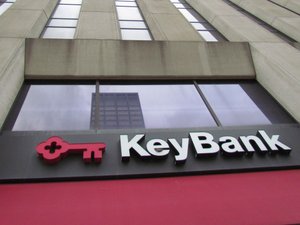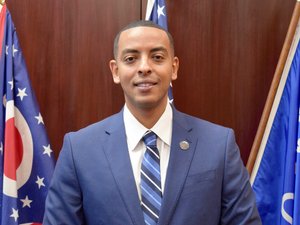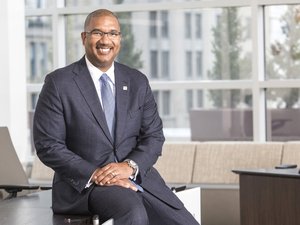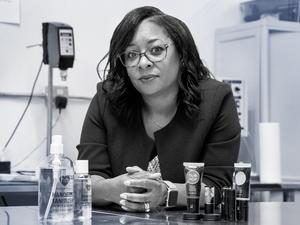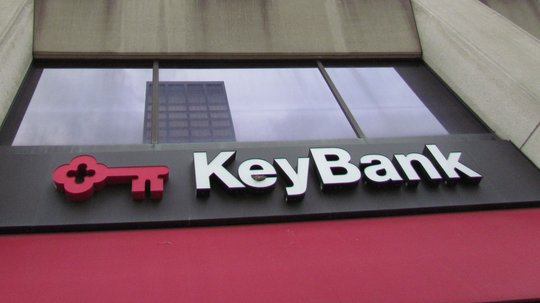
Ohio's entrepreneurial ecosystem posted a record-setting year with more than 171,000 new business filings in 2020, up 31% from the prior year.
The historic surge of small businesses is a positive indicator, but it's not a litmus test for economic prosperity. Historically, nearly half of new businesses in Ohio don't survive past five years — and according to CB Insights, running out of cash is one of the top reasons startups fail.
Though federal law prohibits banks from gathering demographic information about small-business borrowers, federal data for lending initiatives like the Paycheck Protection Program underscores a substantive need for capital among minority business owners. That's where KeyBank is looking to prioritize its resources.
In March, KeyBank announced that it had invested $120 million in Dayton since 2017 to spur economic access and equity in underserved areas. The bank also expanded its National Community Benefits Plan from $16.5 billion to $40 billion, which will provide additional lending and philanthropy to all KeyBank markets over the next five years, including Dayton.
It builds upon KeyBank's existing efforts in the city, including originating more than 400 small business loans under $1 million last year — nearly one-third of which supported businesses in low- and moderate-income communities.
"Small businesses can only thrive when they're in a healthy neighborhood," said Mike McCuen, KeyBank's market president for Southwest Ohio. "So, that's really a focus of ours: To make sure these neighborhoods are doing well."
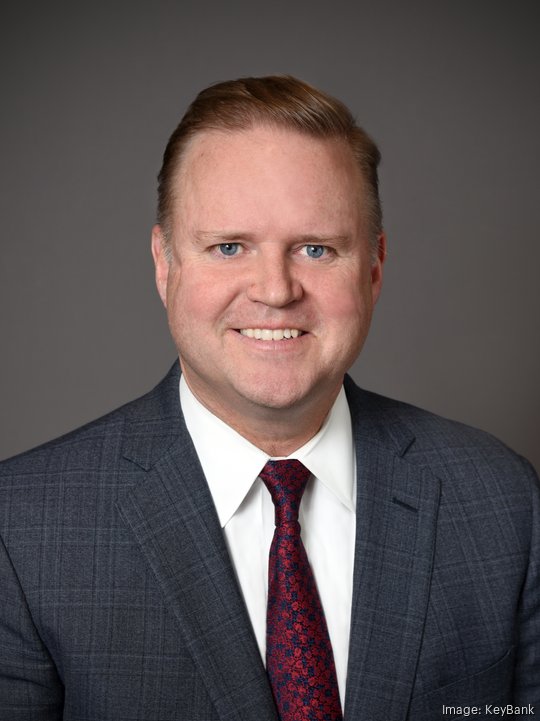
In Dayton, many minority-owned enterprises begin as sole proprietorships, said Stacy Thompson, senior vice president and regional corporate responsibility manager for KeyBank. Ensuring access to capital for those businesses is key to the equation, and community involvement largely drives the momentum.
One of KeyBank's largest local efforts, the Dayton Pathways Collaborative, is a workforce and business development initiative between the Minority Business Partnership, the Minority Business Assistance Center, Wesley Community Center and the Miami Valley Community Action Partnership. The collaborative hosts a quarterly "Bankers Roundtable" event, which gives entrepreneurs access to lenders and conducts targeted outreach to women, people of color and rural business owners.
KeyBank also is involved with the Greater West Dayton Incubator — an initiative chaired by Thompson and led by the University of Dayton to connect local entrepreneurs, innovators, startups and underrepresented firms with microlending services, networking opportunities, training, education and consulting services.
"We need to reach people where they are, and we do that through some of our partnerships," Thompson said. "It also gives them opportunity to establish banking relationships, which helps in terms of access to capital."
Some local businesses forged banking relationships last year and in 2021 through the PPP lending process. According to Thompson, KeyBank originated nearly $98 million across hundreds of loans in Dayton, with millions of dollars going to borrowers in census tracts where people of color make up the majority.
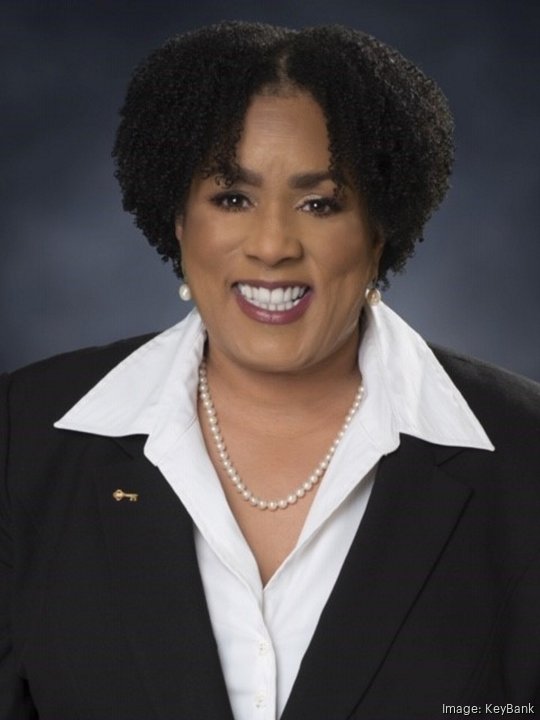
But expanding access to capital doesn't always mean loans, McCuen said.
"We find a lot of folks with great business ideas looking for loans, and in some cases, what we're better off doing is helping them find other types of capital," he said. "A loan is not always the best scenario. These entities need time to grow and overcome risks ... Patient capital is sometimes more important."
For some borrowers, microlending programs are a good place to start, Thompson said. For others, small-business grants may be the best option.
And as KeyBank seeks new ways to expand capital opportunities for business owners, local leaders are beginning to look more closely at collaborating with nontraditional lenders as well.
"One of the things we're focused on is partnership with CDFIs (Community Development Financial Institutions), particularly related to small and minority-owned businesses," Thompson said. "Those types of channels become capital opportunities as well for small businesses as they get ready to scale up and grow capacity."
Headquartered in Cleveland, KeyBank is the No. 7 largest bank in Greater Dayton, according to DBJ research. As of June 2020, the bank operates 22 local offices and holds nearly $1.4 billion in local deposits, Federal Deposit Insurance Corp. data shows.
Its parent institution, KeyCorp., has about $170.3 billion in assets as of Dec. 31, 2020.
Getting your business 'capital-ready':
- Make sure your personal financial house is in order
- Develop a reasonable business plan and consider the downside risks
- Keep a digital record of your business financials via QuickBooks, Excel or other software
- Seek out local organizations for free or low-cost business development resources

